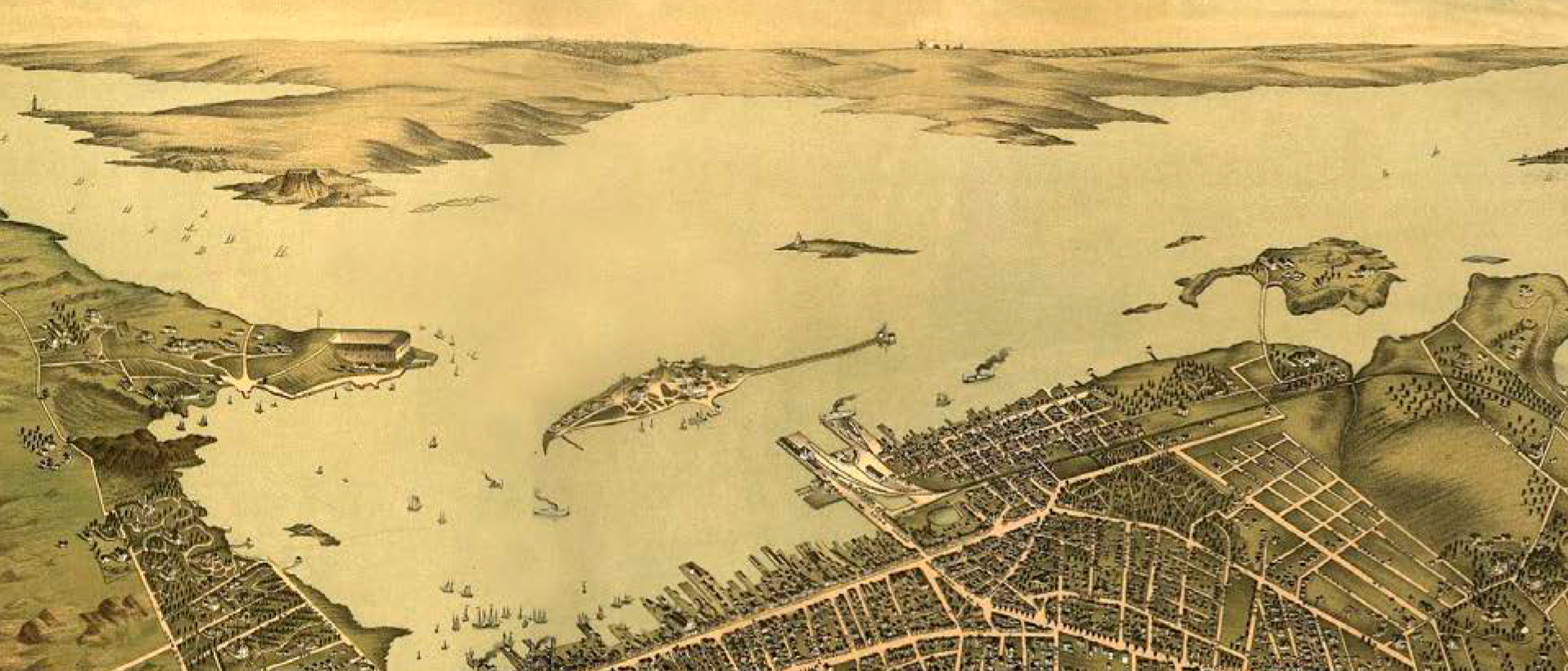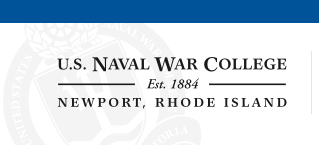
Newport Papers
Newport Papers are extended research projects that the Director, the Dean of Naval Warfare Studies, and the President of the Naval War College consider to be of particular interest to policy makers, scholars, and analysts. These book-length monographs cover a variety of subjects, but ideally relate to contemporary operational or strategic concerns in the realm of maritime security. Printed copies of Newport Papers are distributed to a list of approximately 300 senior commanders and staff members.
-

The Third Battle
Owen R. Cote Jr.
Since the beginning of the twentieth century, submarines have been the weapon of choice for weaker naval powers that wish to contest a dominant power's control of the seas or its ability to project power ashore from the sea. This is because submarines have been and are likely to remain the weapon system with the highest leverage in a battle for control of the ocean surface. Hence, antisubmarine warfare (ASW) will always re-main the most important element of the U.S. Navy's core mission-sea control.
-

Military Transformation and the Defense Industry after Next
Peter J. Dombrowski, Eugene Gholz, and Andrew L. Ross
Though still adjusting to the end of the Cold War, the defense industry is now confronted with the prospect of military transformation. Since the terrorist attacks on 11 September 2001, many firms have seen business improve in response to the subsequent large increase in the defense budget. But in the longer run, the defense sector's military customers intend to reinvent themselves for a future that may require the acquisition of unfamiliar weapons and support systems.
-

The Limits of Transformation
Thomas G. Mahnken and James R. FitzSimonds
In the shadow of the recent Iraq war, it is easy to accept that “growth and diffusion of stealth, precision, and information technology” has truly heralded the long-awaited revolution in military affairs. American leaders—from the President to the Pentagon military and civilian leadership—have called for dramatic transformation of each of the services to fit this revolution. In many ways, this is a far harder task.
-

International Environmental Law and Naval War
Sonja Ann Jozef Boelaert-Suominen
The relationship between peacetime human activities and the environment is in the stage of advanced public debate and scholarly attention, and much progress has been made in recent years regarding the development of appropriate instruments and institutions pertaining to the protection of the environment in peacetime.
-

Sailing New Seas
Paul J. Reason and David G. Freymann
This Newport paper presents the ideas of one of the Navy's most senior leaders. Admiral Reason's topic is the course the United States Navy should steer in the "typhoon of change" characterizing today's and tomorrow's world. Admiral Reason proposes a new way to think about the fleet as a whole, one that discards the "industrial age model" in favor of the "flight deck paradigm" of a high-performance organization operating at the edge of chaos.
-

Theater Ballistic Missile Defense From the Sea
Charles C. Swicker
A sense of urgency informs Theater Ballistic Missile Defense from the Sea: Issues for the Maritime Component Commander. Theater ballistic missiles armed with chemical, biological, or nuclear Weapons of Mass Destruction (WMD) will be acquired and deployed by hostile forces in the developing world, posing an imminent threat to the us. and coalition forces that must operate in that world. The gravity of this evolving threat is recognized in our national military strategy.
-

The International Legal Ramification of United States Counter-Proliferation Strategy
Frank Gibson Goldman
In this Newport Paper, Frank G. Goldman questions the adequacy of traditional nonproliferation strategies to deter the spread of nuclear weapons. While the subject is sensitive and the proposed solution perhaps radical, Mr. Goldman's argument is one that merits discussion.
-

What Color Helmet?
Myron H. Nordquist
Dr. Nordquist's study reviews past peacekeeping operations and the aspects of the Charter of the United Nations that govern the use of force. He proposes that, given the end of the Cold War, distinctions in the UN Charter framework between traditional peacekeeping and enforcement actions can and ought to be reflected in future Security Council peacekeeping mandates.
-

Chaos Theory: The Essential for Military Applications
James E. Glenn
I take great pleasure in presenting a remarkable addition to our Newport Papers series. While Major Glenn E. James, the author, received support and assistance from sources within his own service, the U.S. Air Force, the final research and the paper itself are the products of his term in the Advanced Research Program at the Naval War College. This paper typifies the quality of work and capabilities of our students from all the services here at the College. It is an excellent example of the benefits we derive from the close collaboration between our academic and research departments.
-

A Doctrine Reader: The Navies of United States, Great Britain, France, Italy and Spain
James J. Tritten and Luigi Donolo
In March 1993. the United States Navy and Marine Corps established the Naval Doctrine Command as the primary authority for the development of naval concepts and integrated naval doctrine. It has several specific roles-serving as the coordinating authority for the development and evaluation of Navy service-unique doctrine. providing a coordinated Navy-Marine Corps voice in joint and combined doctrine development. and ensuring that naval and joint doctrine are addressed in training and education curricula and in operations. exercises. and war games.

